Authory Forever. I will explain!
At least three years ago I had my first contact with Eric Hauch, founder and CEO of Authory. And I immediately decided to participate. But practising as a Dutch medical […]
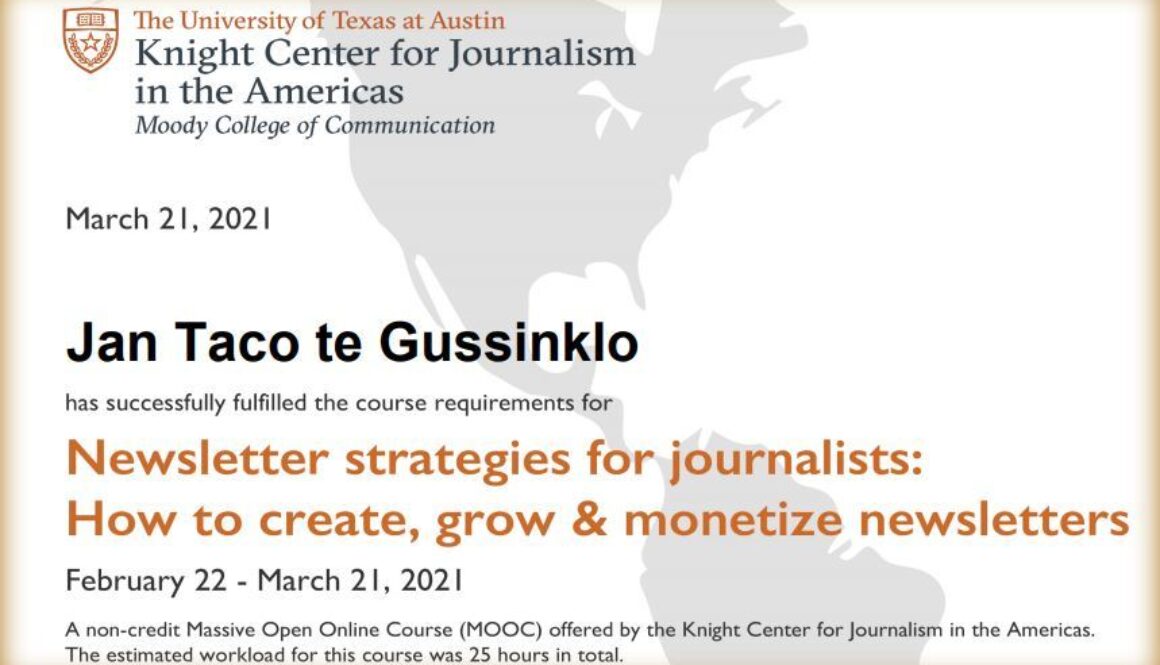
At least three years ago I had my first contact with Eric Hauch, founder and CEO of Authory. And I immediately decided to participate. But practising as a Dutch medical […]
Ethan Zuckerman is director of the innovative MIT Civic Media Lab. He is keynote speaker on the first international conference exploring constructive elements in journalism. In the aftermath of this […]
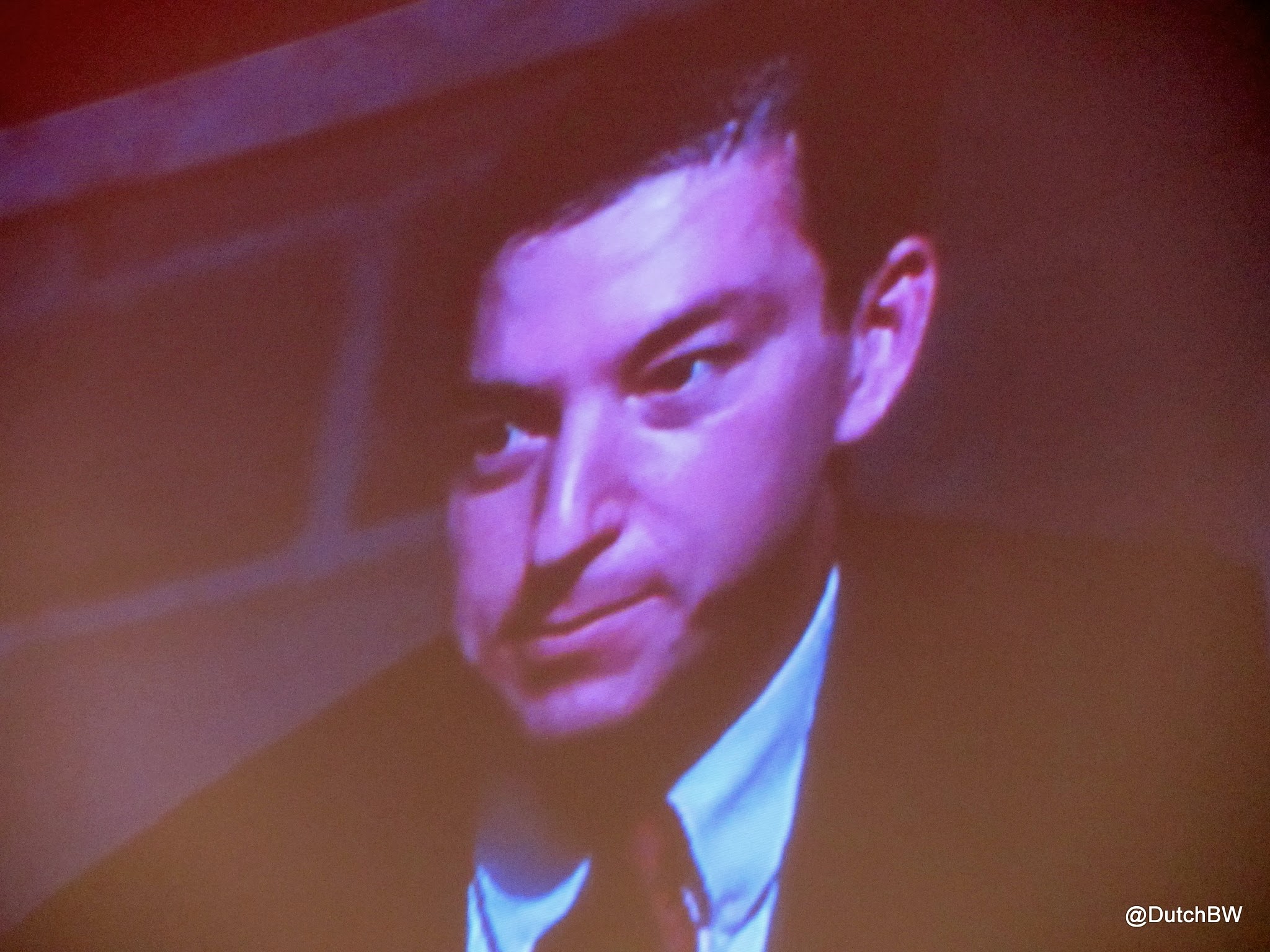
Vindt “Inlichtingenfusie” plaats? Data!
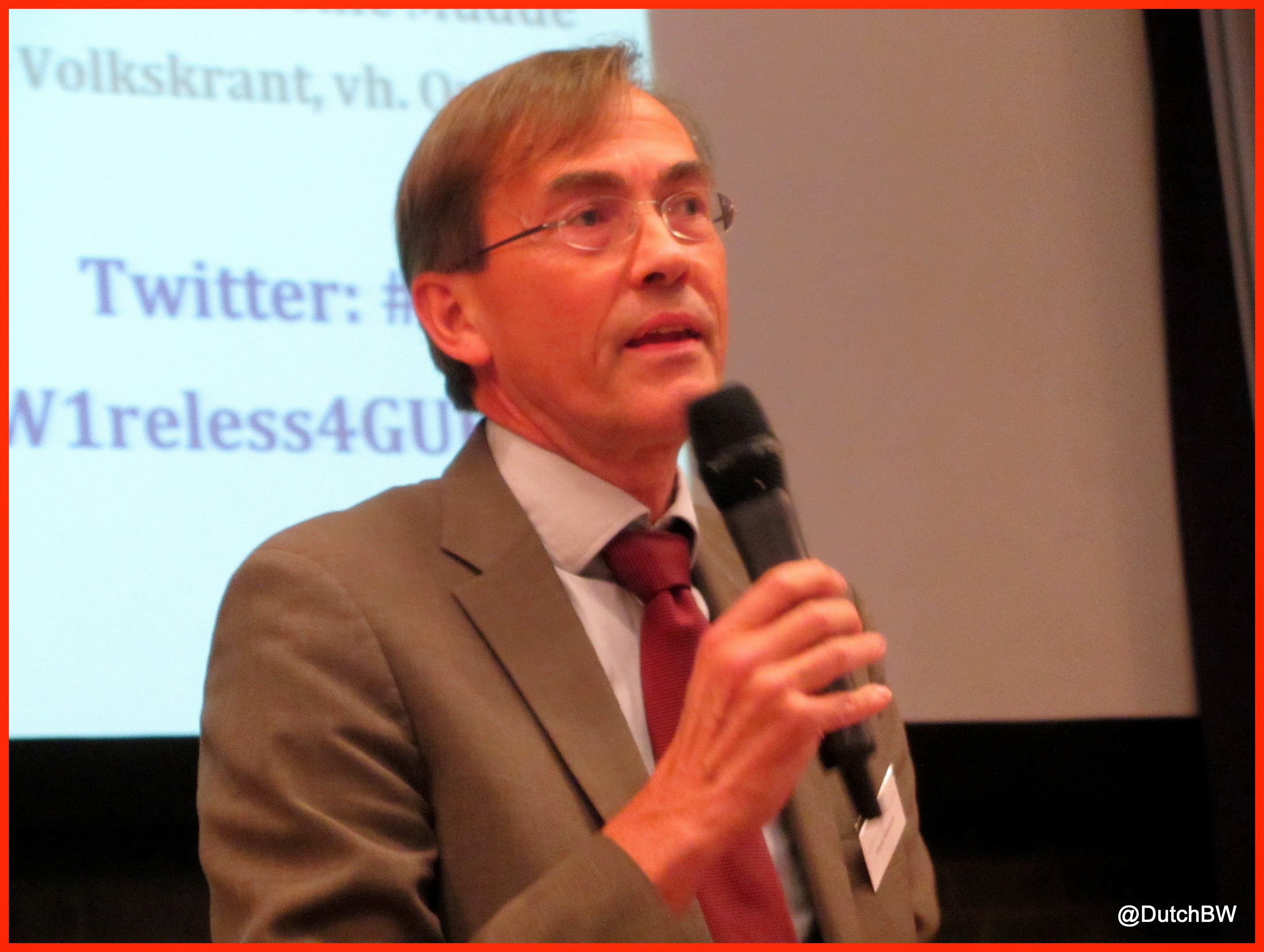
Science nowadays is very similar to the banking sector
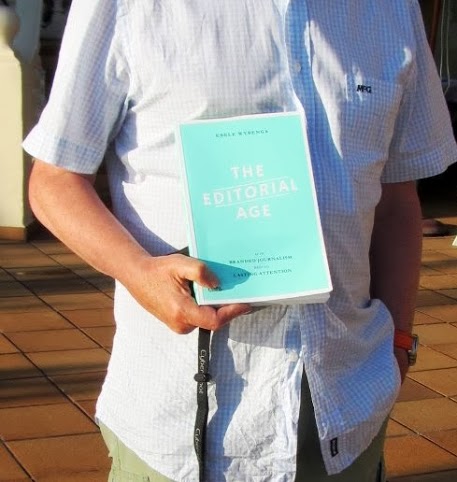
If you can’t think like an editor, hire one.
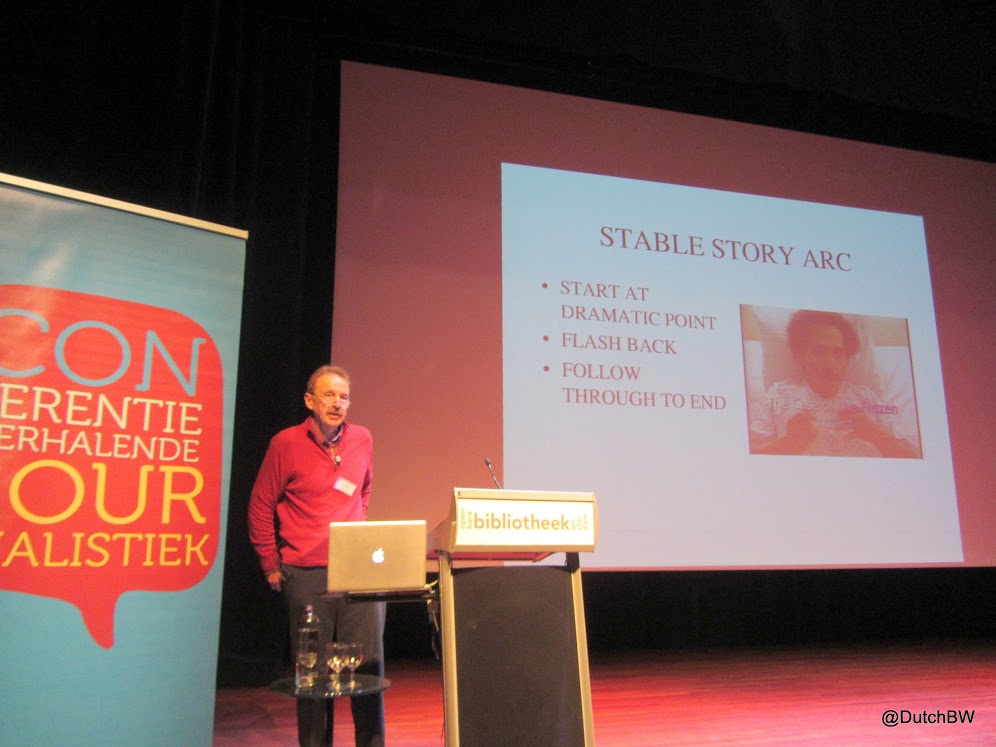
Kennisboog

Infographics is today the product of teamwork
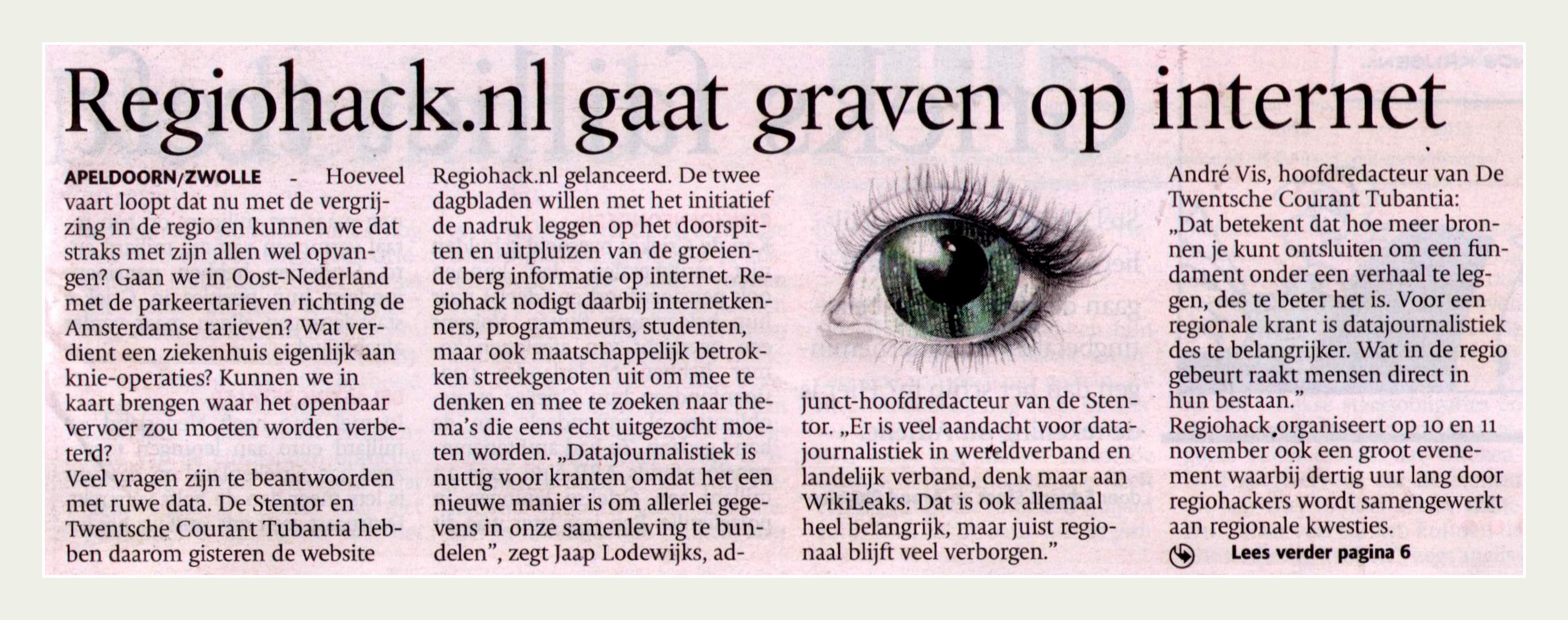
Regionale Activiteit

Result of European Collaboration
Second Dutch Conference on Narrative Journalism